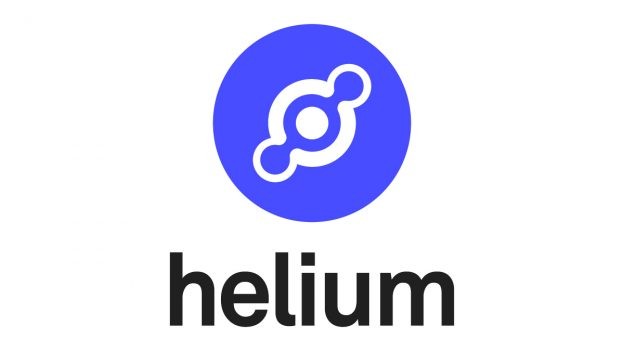The Binance exchange will soon delist several trading pairs of the Helium Foundation’s token because it says it delists assets if they don’t adhere to “high standards.”
There is “no basis,” according to Scott Sigel, chief operating officer of the Helium Foundation, for Binance to delist a number of trading pairs of the Helium Network Token (HNT).
After Binance announced on October 6 that it was removing cross, isolated margin, and spot trading pairs for HNT and Binance USD (BUSD), Tether, and Bitcoin, Sigel made the following remarks.
The HNT/BUSD pair will only be available for spot trading after Oct. 12 due to user positions being forcibly closed and any pending orders being canceled, according to Binance’s “strong advice” to users.
A spokesperson for Binance, Jessica Jung, told Forbes that the exchange regularly assesses the cryptos it lists to make sure they “continue to meet a high level of standards.”
It will delist an asset if it doesn’t comply with the standard or “there are changes in the industry” “In order to protect our users,” she said.
There is no justification for Binance to delist several HNT pairs, said Sigel in response.
The integrity of HNT has not changed, and it continues to adhere to all the standards established by the exchange.
“There are numerous additional exchanges that still support HNT. We hope Binance changes its mind and quickly re-lists the other HNT trading pairs.
Traders have speculated as to the reasons behind Binance’s partial delisting of HNT, with some contending it was in response to the exchange’s alleged $19 million loss of crypto in September due to a mix-up of Helium ecosystem tokens.
According to reports, Binance paid out about 4.8 million HNT after getting confused with a much cheaper token called MOBILE that Helium uses to pay hosts of its 5G hotspot network. This led to a massive sell-off of the token, temporarily driving down its price.
Helium has received criticism for its revenue figures despite receiving sizeable funding rounds.
Despite receiving hundreds of millions of dollars from investors like Andreessen Horowitz (a16z), FTX Ventures, and Tiger Global, data in July suggested that the project only made $6,500 per month from its data usage revenue.
Helium was discovered listing partners on its website in August, including the e-bike company Lime and the software provider SalesForce, both of which denied working for the company or having an active partnership.
Soon after, Helium took the references to both organizations off of its website.



